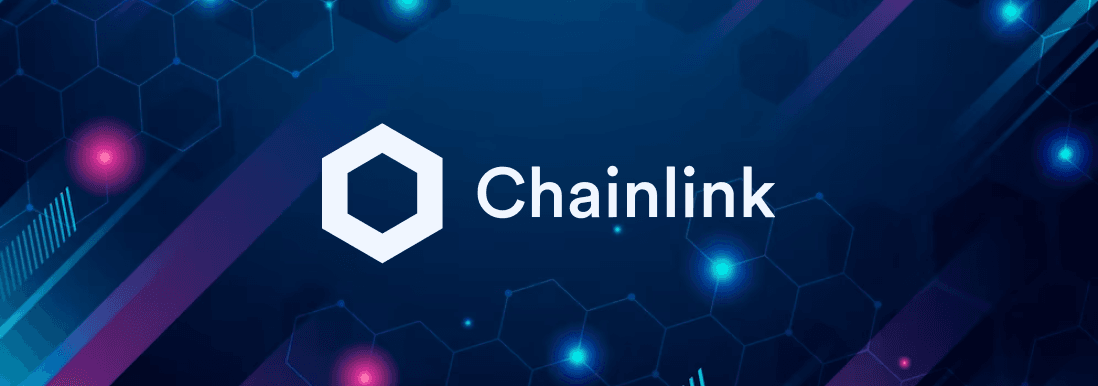
Chainlink Enters the Gaming Sector: Will the Next Bull Market Witness an Explosive Growth of $LINK?

Chain Challenger
Join Challenger community, become the ultimate Web3 gamer.
May 23, 2023
Chainlink has been highly active this year, with non-fungible tokens (NFTs) entering various major industries such as entertainment, art, music, and gaming, expanding the potential of NFTs beyond mere ownership and investment. Recently, Chainlink introduced NFT lending and leasing, allowing NFT owners to generate income from their NFTs and providing individuals with a more affordable way to access the unique benefits and practical utilities of owning NFTs.
In an article, Chainlink explains how NFTs are embedded in smart contracts, unlocking a range of advanced functionalities that were previously unimaginable in traditional fungible tokens, similar to the concept of decentralized finance (DeFi). Lending and leasing offer players a new way to earn returns on their holdings while enabling game developers to create new revenue streams. Why would one want to lease an NFT? Many NFTs offer their owners special perks, utilities, and gaming experiences.
In this article, we will introduce the basic concepts of NFT lending and leasing and explore the benefits of Chainlink's introduction of lending and leasing.
What are the concepts of NFT lending and leasing?
Essentially, individual players temporarily transfer their NFTs to other players in exchange for rewards. In the case of blockchain games, players loan in-game assets such as characters or virtual land to others for a certain period. In a tweet, Chainlink states that this will become another source of income for developers.
Borrowers can use these assets without purchasing them, while lenders can earn additional cash from the fees paid by borrowers. It's a win-win situation! Additionally, borrowers can showcase the cool NFTs representing their online identity.
Types of NFT lending and leasing
There are two main types of NFT lending and leasing: collateralized and non-collateralized.
Collateralized NFT lending: In collateralized NFT lending, borrowers need to provide some form of collateral, typically cryptocurrency or another NFT, to ensure they can repay the borrowed NFT's value. All of this is handled through lending smart contracts to ensure everyone transacts according to the rules. Non-collateralized NFT lending: This doesn't require any collateral. Instead, lenders must rely on trust and reputation systems to determine if the borrower is trustworthy enough to repay the borrowed NFT. Since lenders have no collateral, this setup usually comes with higher interest rates.
Benefits of Chainlink's introduction of lending and leasing
One of the major reasons to lease an NFT is that it allows you to enjoy the special perks and utilities that come with owning that NFT, such as exclusive content, communities, events, or the ability to create another NFT. Leasing an NFT is a more cost-effective way to enjoy these privileges without actually purchasing the NFT. Meanwhile, NFT owners can generate income from their NFTs that would otherwise remain idle in their wallets. For gamers, renting out their in-game assets to other players can be a lucrative opportunity. Borrowers gain access to NFTs for a short period, allowing them to try new gameplay and acquire expensive or rare in-game items and experiences. It's a win-win situation for all parties involved.
Game developers can also benefit from NFT lending by creating their own lending markets, allowing players to trade with in-game assets. This can create new revenue streams for developers without charging players for downloadable content.
Lastly, Chainlink's NFT lending aims to unlock new business opportunities in the metaverse, allowing people to loan out avatars, virtual land, or real estate represented as NFTs. This is an exciting new frontier for entrepreneurs and investors!